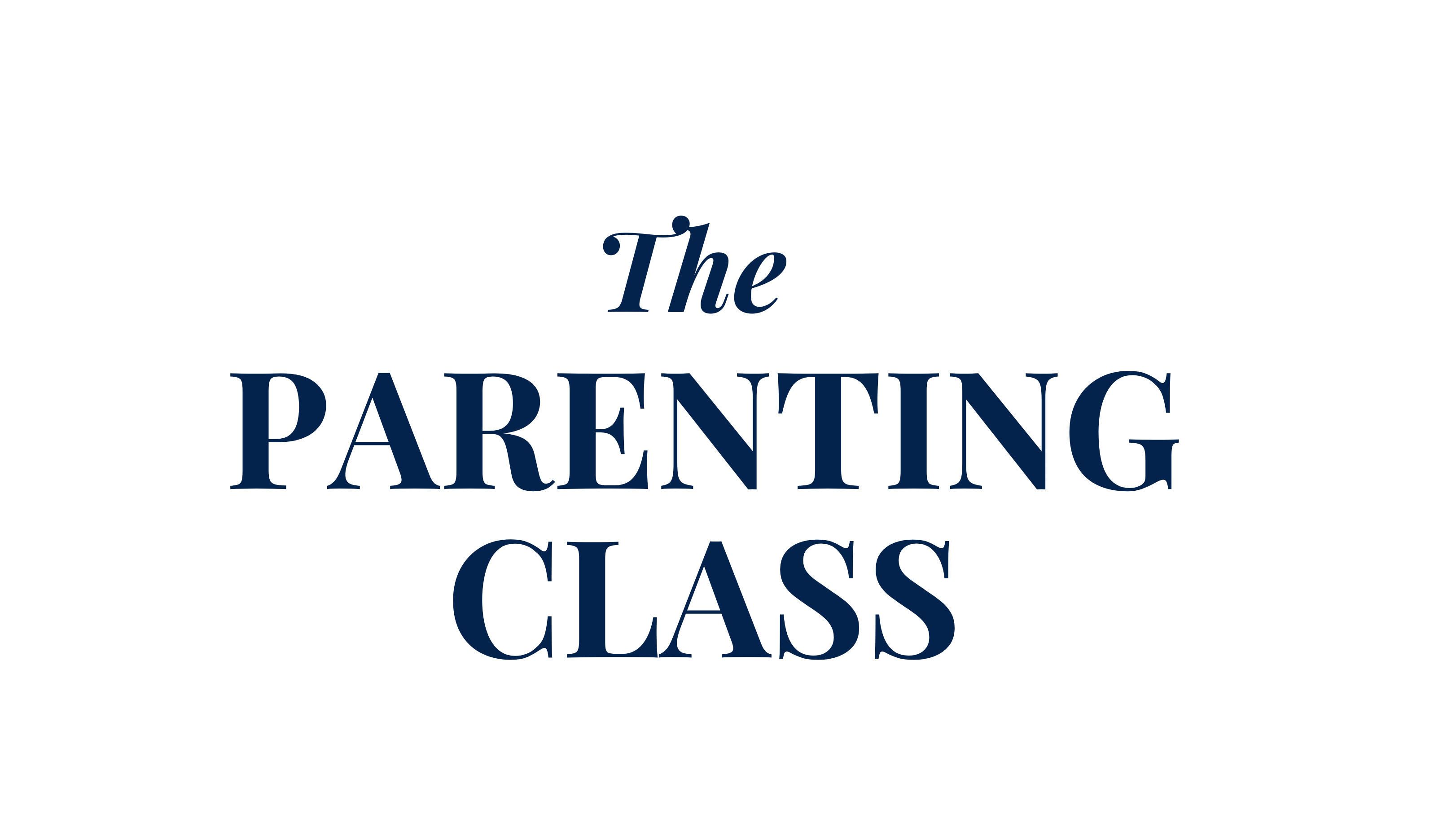Social Media and Parenting: Navigating the Advice Overload
In today’s digital world, social media has become a go-to resource for parents and caregivers seeking advice, support, and community. From parenting hacks to gentle parenting tips, platforms like Instagram, TikTok, and Facebook teem with information. But with this abundance comes a challenge: how do you separate credible, evidence-based practices from fake parenting advice or harmful myths?
The Double-Edged Sword of Social Media Advice
Social media offers parents and caregivers instant access to a wealth of information. On one hand, it’s empowering to learn new strategies, connect with others, and find support in difficult moments. But on the other hand, the sheer volume of advice can be overwhelming and contradictory. One post may highlight the benefits of gentle parenting, while the next might promote outdated or debunked methods. The constant stream of information can create confusion, doubt, and even guilt, leaving parents wondering if they are making the “right” choices for their children.
Spotting Misinformation in Parenting Advice
The rise of social media advice has also allowed myths and unproven techniques to spread quickly. Fake parenting advice often comes wrapped in appealing visuals, personal anecdotes, or viral trends, but it lacks the backing of scientific research or expert consensus. To ensure positive outcomes for your family, it’s vital to develop a critical eye when consuming parenting content online. Here are some tips to navigate the advice overload:
- Question the Source
- Is the advice coming from a qualified professional, such as a pediatrician, child psychologist, or educator?
- Does the post link to reputable studies or organizations?
- Look for Evidence-Based Practices
- Evidence-based practices are strategies supported by research and proven to work in real-world scenarios.
- Be wary of sweeping claims like “This one trick will change your child’s behavior!” Always ask: Where is the evidence?
- Be Cautious of Personal Anecdotes
- While personal stories can be relatable, what works for one child or family may not work for another.
- Fact-Check and Myth Busting
- Before implementing advice, cross-reference it with trusted sources like the American Academy of Pediatrics or the CDC.
- Follow credible parenting accounts that focus on myth busting and science-backed guidance
Making informed decisions: A science-backed approach
Parents and caregivers deserve to make informed decisions about their parenting journey, but that’s only possible when the information they rely on is rooted in science, not opinion. That’s why I created my course – to cut through the noise of social media advice and provide a clear, science-backed resource for parents.
In the course, I’ve analyzed and summarized findings from scientific papers, avoiding opinions, personal biases, or unverified claims. My goal is to equip parents with evidence-based practices that can help them create positive outcomes for their children. By understanding the research and separating fact from fiction, parents can confidently navigate the overwhelming sea of social media advice. Together, we can move beyond trends and myths to focus on what truly matters: raising happy, healthy, and resilient children.
If you’re ready to embrace a research-based approach to parenting, explore my course – the Science of Parenting Babies and take the guesswork out of your journey. Let’s focus on science, not opinions, so you can make the best decisions for your family.
